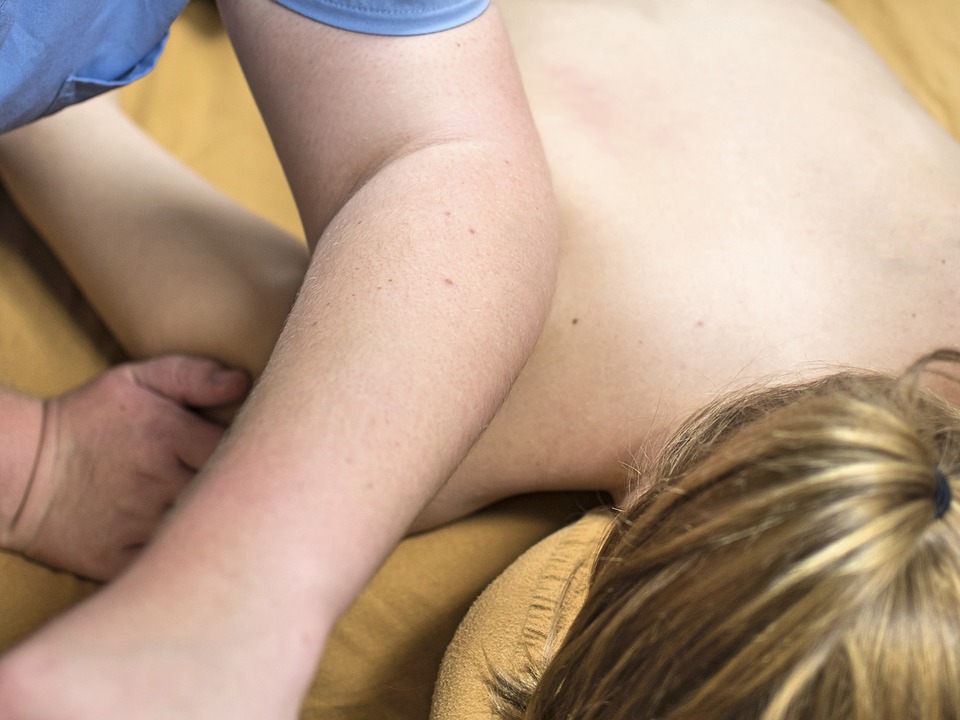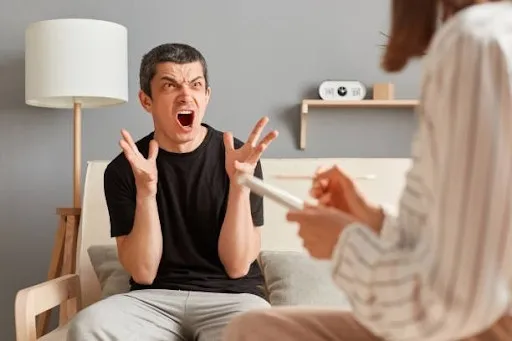You've made it through the most painful part of having a baby. But that doesn't mean the joys of motherhood won't keep giving you some aches, known as postpartum pain. For several weeks after childbirth, you'll notice pains and wonder if it's normal and what to do about it.
Common Postpartum Pain
Let's shine a light on some of those aches and give you tips for recovery.1. Lower Back Pain
Back pain can be the worst because you might have it if you sit too much or if you overdo it with activity while recovering. To get over this as quickly as possible, you'll have to baby your back, ideally for three months or so after labor.
Find a comfortable feeding position whether you are breast or bottle feeding your baby. Avoid chores that involve slight leaning or heavy weights, such as washing dishes and vacuuming for several weeks following childbirth.
2. Headaches

Changing hormone levels, lack of sleep, and stress can be blamed for headaches in the postpartum period. If you have a history of migraines, you might find them flaring up with everything you've just been through.
To help fight them, you can turn to a pain relief medication, try to get enough rest, drink plenty of water, and reduce your stress.
3. Shoulders

It's no wonder your shoulders hurt. You've been carrying a lot of tension there throughout your pregnancy. And now that you've delivered, you're carrying and rocking your baby, which is added stress to that area.
To alleviate these pains, make sure to frequently relax your shoulders by gently rolling them and stretching your neck slowly from side to side. If you can afford it, consider getting a postpartum massage. That can go a long way toward pain relief.
4. C-Section Pain
If you went through a C-section, your stomach is going to feel bad for a while. You've not only had a child - you've had an operation.
You're going to have to be extremely careful not to lift much weight for several weeks. Try to avoid tight pants, and make sure you move slowly when standing up and sitting down so you don't aggravate your incision.
Also, read about C - Section Delivery - Things you should know5. Itchiness
C-section incisions are notoriously itchy as they begin to heal. You don't want to scratch them too much because it can slow the healing process.
Even if you didn't have a C-section, you may find yourself with insanely itchy skin in the postpartum period. What causes it? Sometimes it's pinned on pregnancy hormones, and other times, it can be blamed on any medication you took during labor or afterwards.
Until you no longer feel like you're giving yourself lacerations with all the scratching, try to skip extremely hot water in the shower or bath. You can try lotions and creams to see if they give you relief.
6. Perineal Tears
You may be one of the lucky women who don't experience this particular unwelcome gift of labor. But if you have perineal tears - a tearing of the tissue between the vagina and anus - you may be wondering how you'll survive. Depending upon the severity, it can be quite painful.
To get you through it until the tears heal, you'll want to use a peri bottle full of warm water to rinse the area to keep it clean after every bathroom use. You can use ice packs on the area to numb the pain.
You may find it helps to only sit on soft surfaces for the first couple of weeks after childbirth. Also, you may want to use a laxative to avoid painful poops while it's healing.
7. Contractions
You might be wondering why you have contractions still - you've already had your baby. Don't worry - there's nothing wrong with you. Feeling contractions is perfectly normal after childbirth.
It's just your uterus going back to how it was before pregnancy. If you're breastfeeding, that can also cause contractions.
To deal with these contractions, remember they won't get as bad as they did in the delivery room. You can take mild pain medication such as Tylenol.
Remember those breathing techniques you used to manage your contractions in the hospital? You can use those again now to get you through the worst of it.
8. Foot Pain

As many as 10 % of women struggle with plantar fasciitis in pregnancy - and for many, that condition continues in the postpartum period. While it may sound intimidating, it's a fancy way of saying heel pain. The extra pounds of pregnancy weight, along with swelling in pregnancy, can cause heel pain, which is why it's always recommended to wear supportive footwear during pregnancy.
As you wait for it to get better, you can ice your foot several times a day. Stretching your calves can help too.
You'll Get Through It
There's no doubt about it - postpartum pain stinks! But you've made it through the worst of it. And it won't be long before you're feeling like your old self again. Pass this information and if you need more personalized guidance, contact to the best and experienced Gynaecologist and Psychiatrist for any kind of postpartum pain[button color="transparent_credi" size="medium" class = "custom_button" link="https://www.credihealth.com/medical-assistance?utm_source=blog_article&utm_medium=bottom_button&utm_campaign=book_appointment" icon="" target="true"]Book Appointment [/button]

Reviewed by







